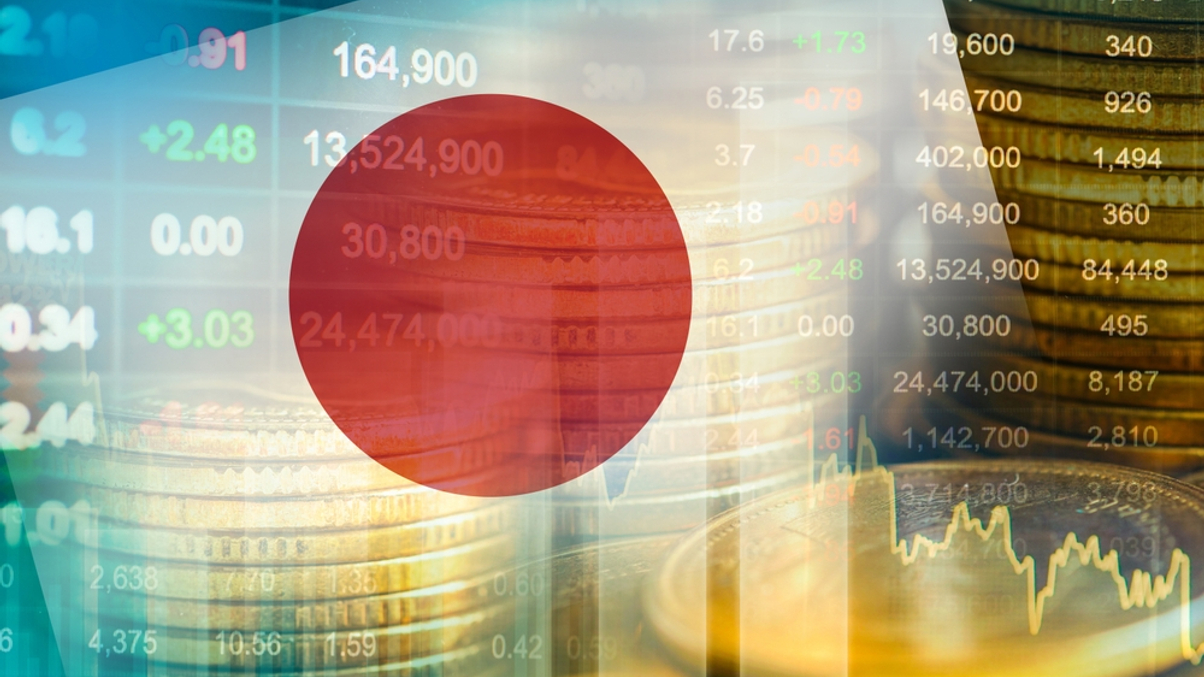Market Views: How will Japan's new PM impact equity, yen strategies?
As Japan enters a new era, will Prime Minister Ishiba's economic vision revive the land of the rising sun or further shake investor confidence?

The ascent of Shigeru Ishiba as Japan's Prime Minister marks a pivotal moment for the world's third-largest economy.
Sign in to read on!
Registered users get 2 free articles in 30 days.
Subscribers have full unlimited access to AsianInvestor
Not signed up? New users get 2 free articles per month, plus a 7-day unlimited free trial.
¬ Haymarket Media Limited. All rights reserved.


